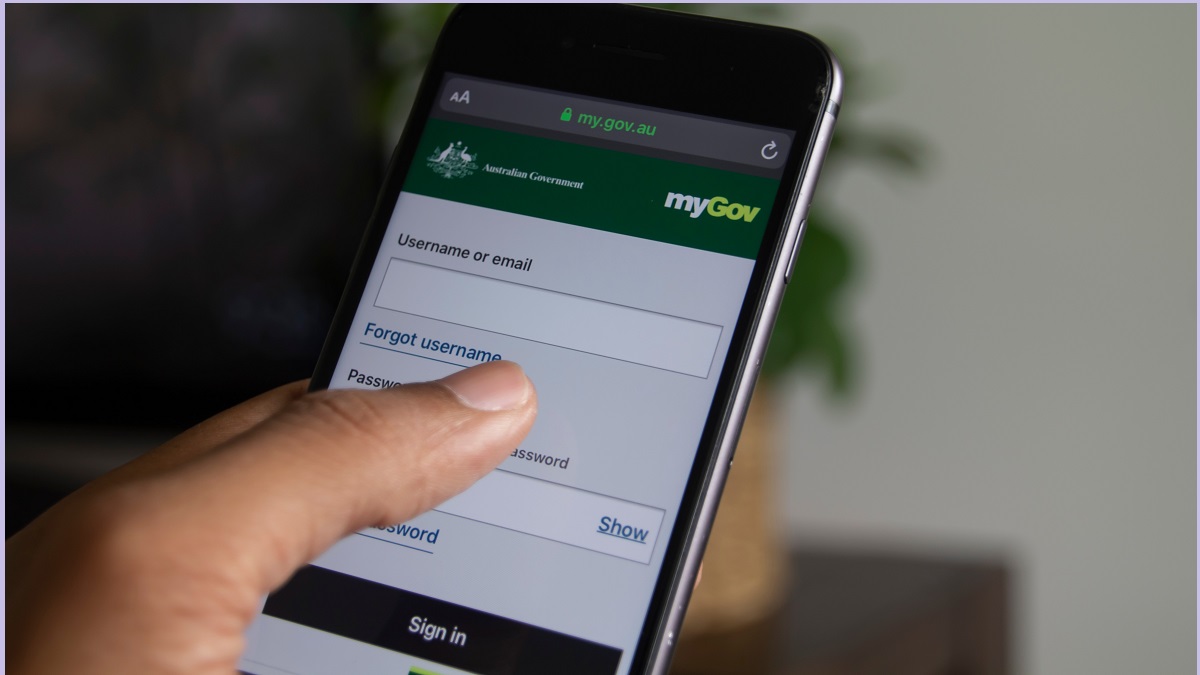An Australian Digital ID system could be live as soon as the middle of next year according to the Federal Minister for Public Service, Katy Gallagher.
Speaking at the AFR Government Services Summit in Canberra on Tuesday, Minister Gallagher said Cabinet had approved the project to move into its consultation phase with a draft exposure bill to be available “hopefully by September”.
“I'd like to get it into the Federal Parliament this year if that's possible,” the minister said. “I think that's important because no doubt it will undergo a bit of a committee process through the Parliament, particularly in the Senate, I expect where it is contested territory.
“And then, you know, if all things line up and we're able to move pretty swiftly, we could have legislation in place, mid-year next year.”
The Minister’s comments are the latest move in the government's push to introduce a national digital ID scheme and follow last month’s agreement between the state and federal governments to increase the use of biometric data for a federal system.
June’s agreement between jurisdictions included a set of 10 principles about how ID services ought to operate across the country to encourage adoption and reduce fraud.
Minister Gallagher also highlighted some of the issues facing a national digital ID system, saying “I think from the everyday person's point of view, we've got the system. It's just not regulated and not in a shape I think that will allow us to drive it forward and give the interoperability and the economy wide benefits that come from having a national system, but we're very committed to it.”
The Digital ID scheme is not without its critics, with older privacy advocates being reminded of its similarities to the aborted Australia Card proposed, then abandoned, by Hawke government in the late 1980s.
Senator Gallagher roundly rejected these criticisms, saying “I think we do need to be very clear in our communication about what this is. It's not a number, it's not a card, it's a whole range of things that it's not which will be argued that it is.
“It's really about you having control as citizens; control of their information that allows them to access government systems in a very easy, secure, voluntary and efficient way. But you know, I'm going in with my eyes open that there's a fair bit of work to do on this and hopefully bipartisan support.”
The Minister’s attitude reflected that of former NSW Digital Government Minister and champion of government digital services, Victor Dominello, who attended yesterday’s event.
At his farewell speech to the Tech Council of Australia last March, Dominello said "We can't allow some people that are misinformed to say 'this is back to the Australia Card debate'. The Australia Card debate took place in a world without the Internet.”
"This is the opposite of the Australia Card, this is empowering individuals for tech and privacy, not the other way around and we need to make sure that we're advocates because that's true. This will strengthen our country."
While governments and ministers – both serving and former – are enthusiastic about a national digital ID scheme, the risks and regulatory failings of Australia’s cybersecurity and privacy regimes continue to be exposed with the ABC today reporting fraudsters have managed to defraud the Australian Tax Office out of over half a billion dollars through flaws in the MyGov system.
Published on the ABC’s website, the story went on to explain the frauds are due to a flaw in how the ATO and MyGov link to taxpayers’ accounts and criminals are able exploit identities that have been compromised by recent data breaches such as those experienced by Optus and Medibank customers.
The revelations of MyGov’s weaknesses won’t be good news for advocates of a national digital ID program, and Minister Gallagher acknowledged there was a way to go to ensure security and privacy under the scheme.
“Being able to be very clear about what we are doing that it is citizen centred,” she said. “It is about securing your information and protecting your information and ensuring that you know, when that information is shared, it's done under a regulated system and that there are options so we're going with the ACCC as the regulator in the first instance, that's an in a sense an interim regulator, but they do across the Federal government, they have the most experience in dealing with you know, consumer issues across the economy.
“But I would imagine that as the system develops, and as there's more digital and data interaction and sharing going on across the economy and across governments that this would grow into a digital specific regulator.”










